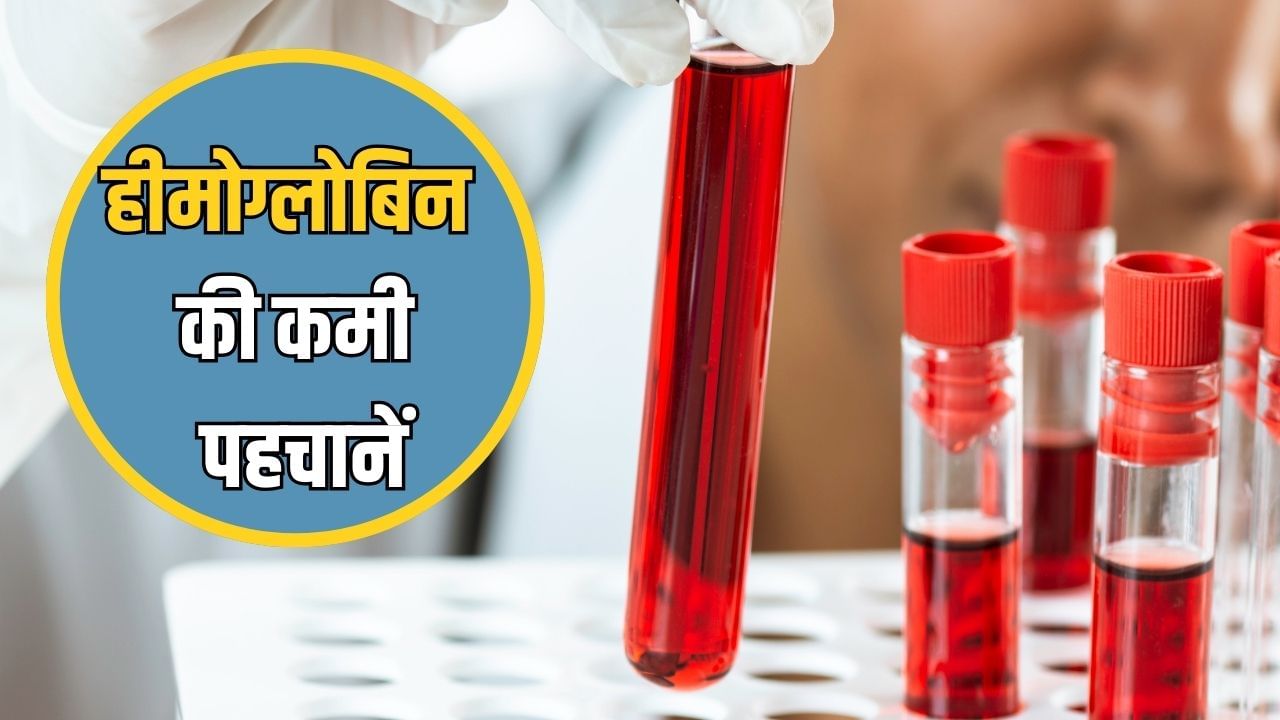How to increase the deficiency of hemoglobin in the body?Image Credit Source: Simarik/E+/Getty Images
Low hemoglobin symptoms: Hemoglobin is the protein found in the body’s red blood cells that serve to deliver oxygen to the rest of the body from the lungs. Lack of hemoglobin can cause many problems because the body’s tissue and the rest of the organs need adequate oxygen to work properly. Lack of hemoglobin can also cause anemia. In which there is complex problems like fatigue and weakness in the body.
When the deficiency of hemoglobin occurs in the body, there is no adequate oxygen in the body. Due to lack of fatigue, dizziness, shortness of breathing in the body. The level of hemoglobin is measured in gram per deciliter. Talk about the level of normal hemoglobin level, men have 13.8 to 17.2 grams/dL. At the same time, 12.1 to 15.1 g/dL is measured in women and 11 to 16 grams in children. In the deficiency of hemoglobin, this measurement goes from 8 to 5 g/dL.
What is the effect on hemoglobin deficiency
Dr. Neeraj Nischal in the Department of Medicine in AIIMS, Delhi It is said that there are many serious problems in the body due to deficiency of hemoglobin. For example, going from bottom to bottom from 8 grams/DL can cause more weakness in the body, yellow skin, breathing. On the other hand, if the hemoglobin deficiency is reduced by 5 g/dL, then medical help is immediately needed, because the hemoglobin can also be in danger of the heartbeat stops to death when hemoglobin is reduced.
Causes of low hemoglobin
nutritional deficiencies- The most common cause of low hemoglobin is iron, vitamin B12 or folate. Iron is most important to become hemoglobin, while vitamins B12 and folate are helpful in the formation of red blood cells.
Long term disease- Conditions such as kidney disease, cancer, arthritis or long -term infection can disrupt the body’s ability to produce sufficient red blood cells, which can reduce the level of hemoglobin.
Blood flow- Surgery, injury, significant blood loss due to excessive bleeding in heavy menstruation can reduce the level of hemoglobin faster.
Bone marrow disorder- Diseases such as leukemia or applastic anemia can affect bone marrow’s ability to form red blood cells, resulting in low hemoglobin levels.
Genetic conditions- Genetic disorders such as sickle cell anemia or thalassemia can cause abnormal hemoglobin production, which can reduce functional hemoglobin levels in the blood.
Medications- Some medicines, such as chemotherapy medicines, can suppress the production of red blood cells, which can reduce hemoglobin.
Prevention of low hemoglobin
- Take iron rich diet- Eat iron rich things in your diet such as leafy vegetables, meat, legumes and fortified grains.
- vitamin C- Taking orange, tomato improves the absorption of iron.
- Get regular checks- If someone in the family has an anemia, then do regular checks of it so that anemia is known in time.
- Increase the amount of vitamin- Ensure that your diet includes sufficient amounts of vitamin B12 and folate, which are essential for the production of red blood cells.
